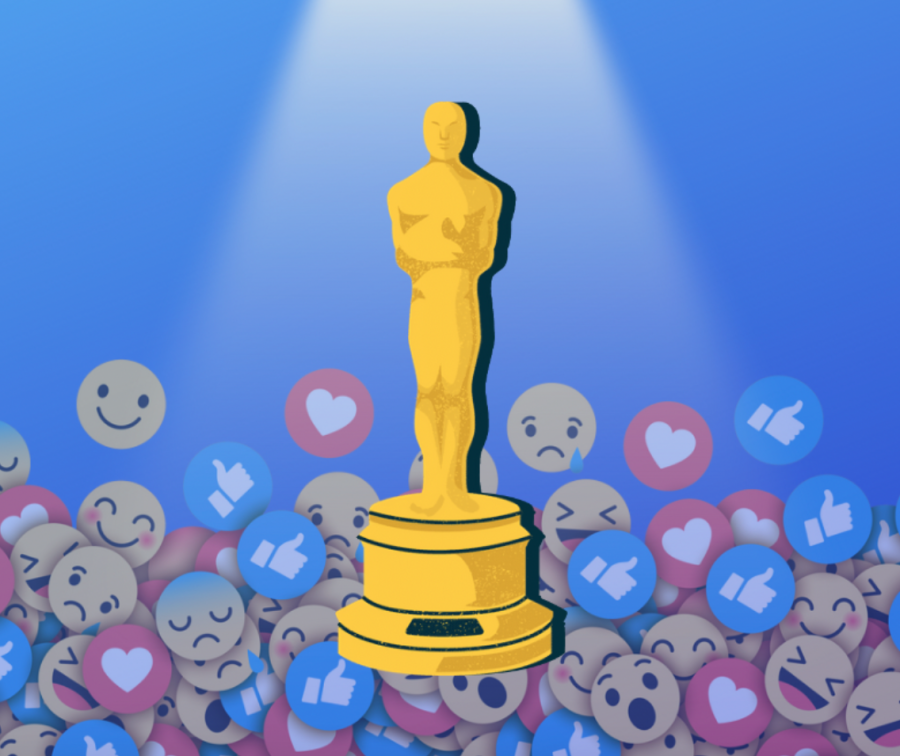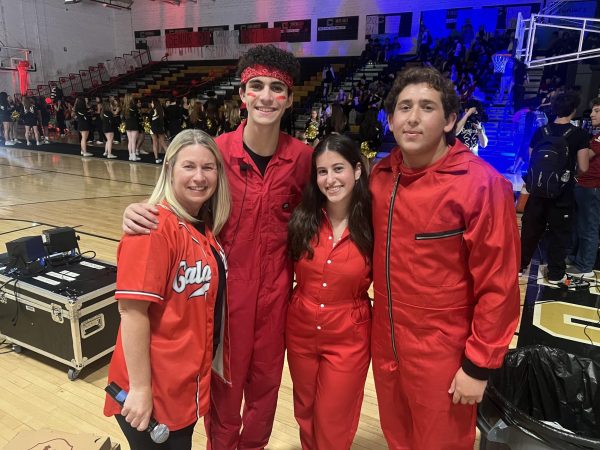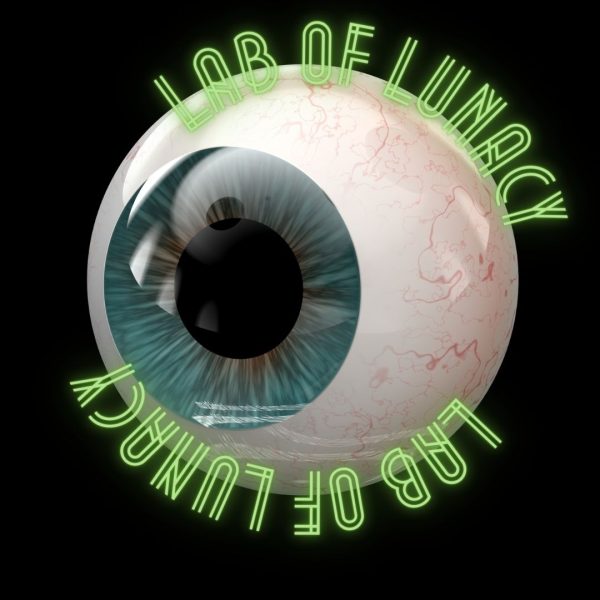Opinion: Award shows contribute to a problematic culture
For fans of actors, directors and musicians, and even for the general public, award show season is a highly anticipated part of the year. Inevitably, fan predictions begin even before nominations come out, and red-carpet looks take over social media feeds. However, as much as the media spotlight on award shows may showcase the positives that these shows bring to American pop culture and help bring various systemic issues to light, social media’s increasing influence can contribute to a toxic culture and amplify the many faults of awards shows themselves.
This year’s Oscars perfectly represent the ingrained and pervasive issues with these awards shows, but also the contention surrounding each award. Nominees for best supporting actress included two actresses in the film Everything Everywhere All At Once, Jamie Lee Curtis and Stephanie Hsu. Curtis’ performance as an IRS inspector ended up winning her the award. Many social media users were incredibly upset over this and believed that her performance did not have as much depth or quality as did those of other nominees like Angela Bassett (Black Panther: Wakanda Forever) and Hsu.
Regardless of who wins or loses each category, viewers of these programs are never fully satisfied with who wins and tend to push their own beliefs of who should win, even after the winner has been announced. People are unable to find a balance between accepting a result and being upset about their top choice losing. This animosity over a group of upper-class individuals virtually unknown to most engaging in the debate indicates the hostility of social media and furthers a societal obsession with surface-level matters.
Awards shows are also notorious for not being representative of the diverse national population. The Oscars specifically are consistently under fire for this issue. In the 95 years the show has been on the air, only two women of color have won Best Actress — Halle Berry in 2002 and Michelle Yeoh at this year’s show. Furthermore, Michelle Yeoh is only the third Asian woman to win an acting prize.
In 2015, the social media movement #OscarsSoWhite called for change in terms of how few people of color were nominated for or winning awards. With this issue in the public eye, it was found that only 8% of nominees were people of color. Since 2015, the number of people of color nominated has risen to 17%. While this is an improvement, it is a small and dismal number in total and is not indicative of the triumphs of people of color in the industry.
The entire environment of awards shows is also based around public criticism, making it seem as though people enjoy the critique far more than the actual recognition of their favorite media. With each show comes a red carpet and thus the opinions of viewers and entertainment news tabloids on the fashion of those attending. Many times people become more fixated on the outfits than the content of the shows themselves, which can be seen in the countless best and worst dressed articles and videos rapidly published once the red carpet is over. Articles and videos like these have had to put disclaimers that they mean no hate toward the people involved and are just critiquing the fashion; however, the fact that these disclaimers exist at all is indicative of a toxic internet culture that is built around public hating and shaming of others.
This is not to say that the awards shows should be done away with, as they provide entertainment for millions. Awards shows undeniably have deep-rooted issues that affect them to this day, but they also provide gratification and entertainment for the viewers. With this said, the shows and the viewers should be more mindful of the effects of their actions and understand that a difference in opinion is not inherently something that needs to be crafted into an argument that ultimately does not achieve anything other than discourse. Because award shows recognize meaningful work and encourage creativity, it would be unthinkable to do away with them. The entertainment industry, along with fans, should instead work towards spreading more positivity instead of hate.
Your donation will support the student journalists of Calabasas High School. Your contribution will allow us to purchase equipment and cover our annual website hosting costs.

Hi! My name is Aidan Baker, and I have always loved writing. From a young age I knew that I wanted to pursue journalism, and writing for the Courier gives...

Hi! My name is Sedona Kaye, and I’m the Perspectives Editor this year. I learned so much as a staff writer last year and can’t wait to learn more....











